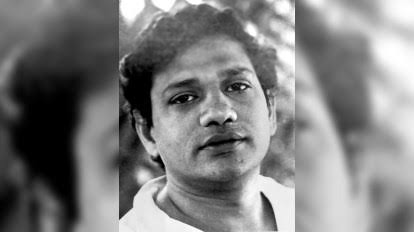
In 1984-85, I was doing my journalism diploma course at the Indian Institute of Mass Communication in Delhi. Often, after classes I used to go with Comrade Thyagu to the office of the Students Federation of India (SFI), which was located at Vithalbhai Patel House near Parliament. The atmosphere at the office used to be lively with discussions among the students gathered there about politics, philosophy, cinema, theatre, and so on. Sometimes some youngsters in the gathering would sing too. When Sitaram Yechury, then the national president of the SFI, joined the gathering, the office would vibrate with excitement. He also used to sing.
When the anti-Sikh violence erupted following the assassination of Indira Gandhi on October 31, 1984., Thaygu told me that Safdar Hashmi (the legendary street theatre artist who was later killed in 1989 while performing a street play at Ghaziabad in Uttar Pradesh) had asked us to come to the SFI office that evening. From our sublet room in Nethaji Nagar, we went to the SFI office along with Rajan, who was the SFI’s Tamil Nadu State secretary. (He happened to be in Delhi then in connection with the organisation’s Central Executive Committee meeting.)
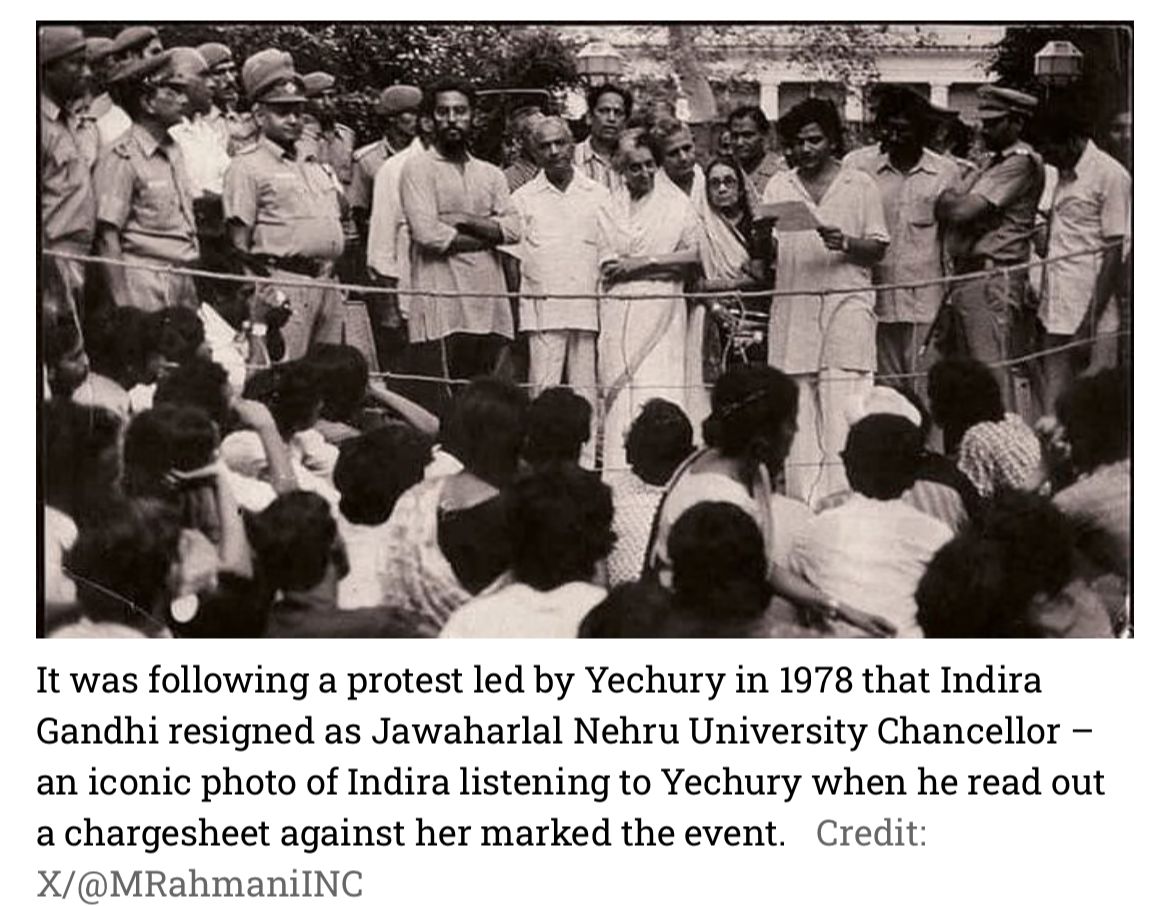
On our way we saw violent, rowdy gangs roaming the streets with weapons. Houses were burning. About 20 young comrades had already gathered in the office. Safdar summed up the reason for inviting us all there. Seven Sikhs who ran a nearby taxi stand were lodged in the house next to the office. The door was locked from outside. He said it was our responsibility to protect them from violence. We cooked in the office and gave food to the Sikhs through a big hole in the wall. We divided ourselves into two to three teams at night and went around the VP House premises every day to guard the Sikhs.
Three days passed in anxiety and cold. Every now and then Yechury, Safdar and P. Sainath, who was then a correspondent for Blitz magazine, would come and talk to keep us going and fill us with enthusiasm. Indira Gandhi was cremated three days later. Mourners from the neighbouring States filled the roads in Delhi.
Suddenly a mob gathered on the road outside VP House. We knew that they had got wind of the secret of us protecting the Sikhs. The mob shouted at us, asking us to send the Sikh drivers out. But we,as a group, were resolute and calmly stood our ground facing the mob. Then the mob moved on and set fire to the cots, beds, stoves etc. kept by the Sikh taxi drivers at the roadside stand just outside the famous UNI canteen.
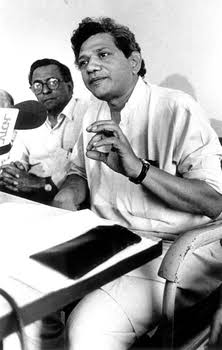
When I turned to my right, I saw in the light from the communal bonfire Comrade Yechuri next to me.The next morning The Telegraph reported: The SFI office was the only place where the rioters were forced to return without attacking Sikhs. The reason for that was the bravery of the youth standing there.
After this, when the tension eased, all the guys in the group hailing from different parts of India, sat on the lawns outside VP House and sang songs in their own languages. The song that Safdar Hashmi asked me to sing was Ilayaraja’s “Manitha, manitha un viszhikal sivanthal ulagam vidiyum …” (Man, if your eyes turn red, the land sees the light of dawn ). The song, from the iconic 1983 Tamil movie “Kann Sivanthaal Mann Sivakkum” (When eyes turn red, the soil will turn red too) had a revolutionary character and both Safdar and Sitaram used to like it a lot.
I have met Sitaram Yechury several times after that, both as a student and later as a journalist. As Editor of Frontline, I also got occasion to edit and publish his articles too. One of the articles I edited was titled ‘What is Hindu Rashtra’. Later, it was published as a Frontline publication titled “What is this Hindu Rashtra?”. I was given the responsibility to coordinate its production.
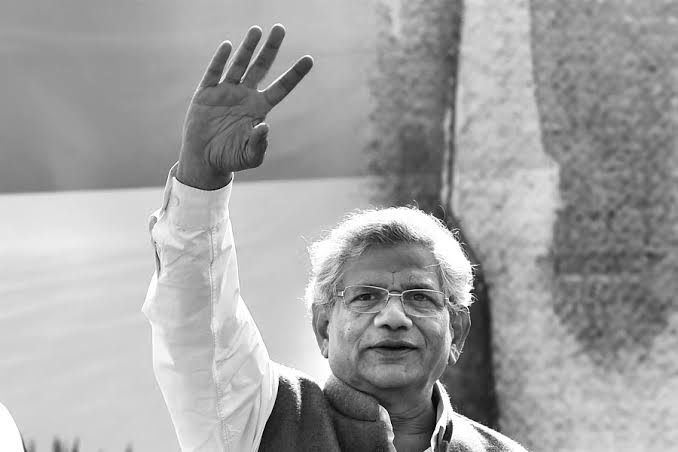
But, the memories of the winter of 1984 and the spirited struggle we waged together to protect the Sikh drivers from rampaging mobs shall remain at the top of all the experiences I shared with the leader. Those days had clearly brought to the fore Sitaram Yechury’s qualities as a humane, accessible revolutionary, an attribute that would remain with him throughout his life.


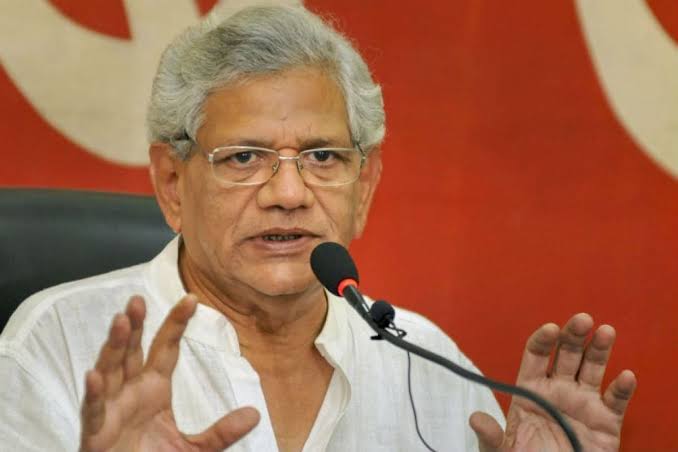

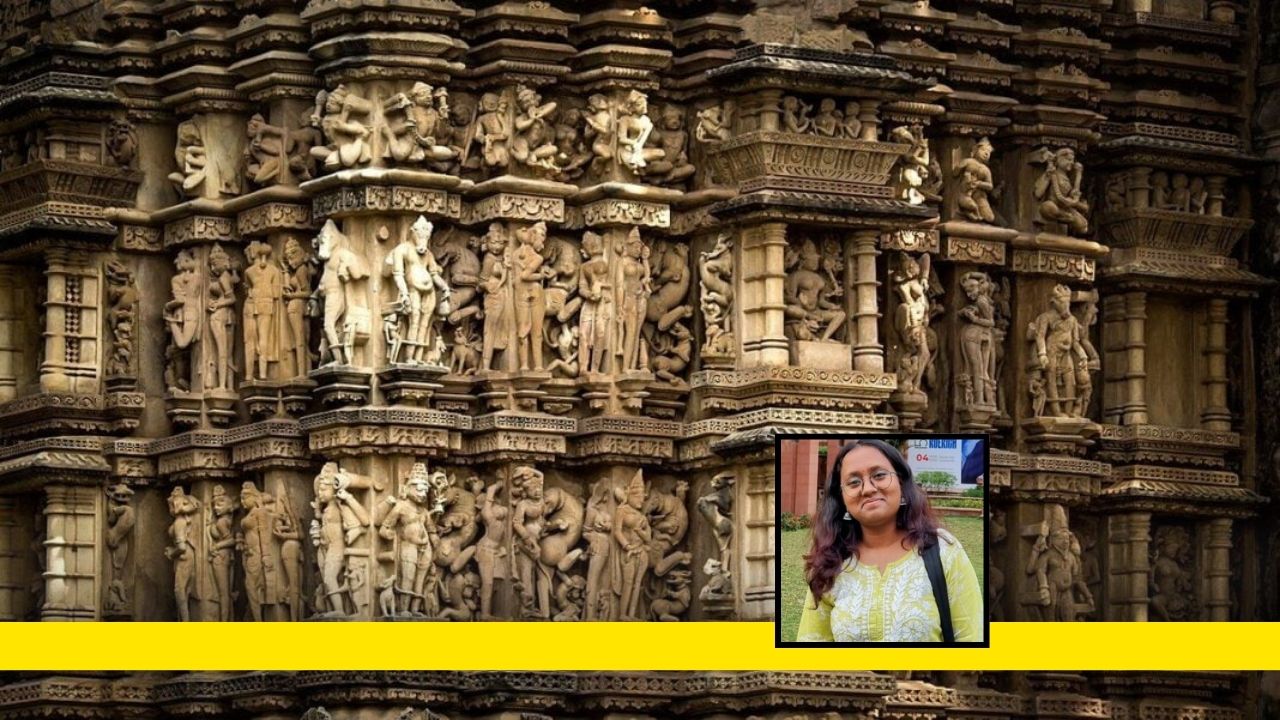
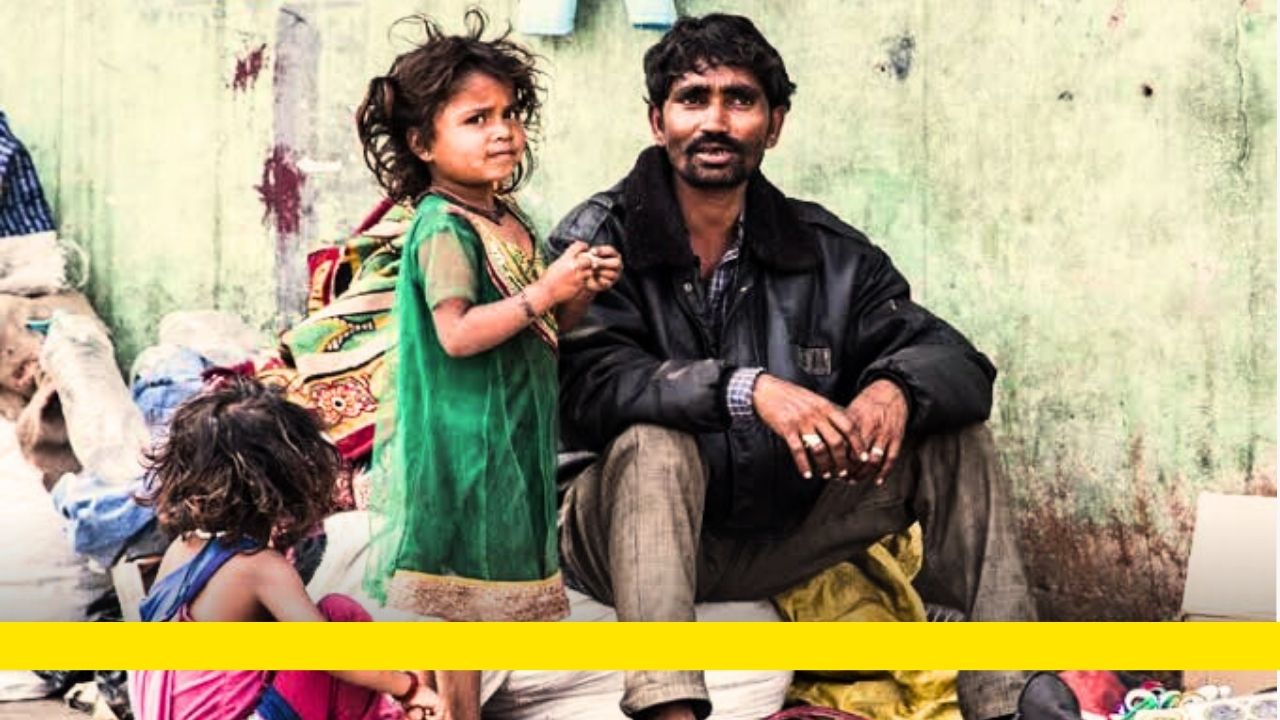
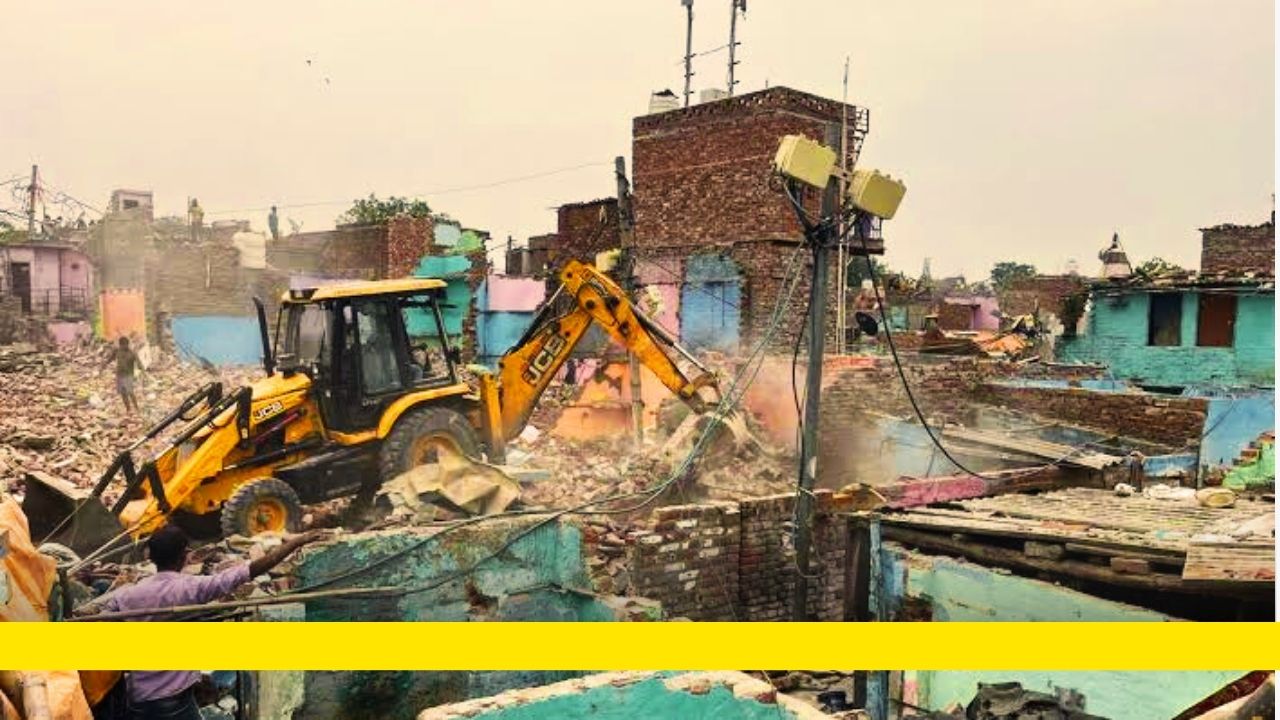


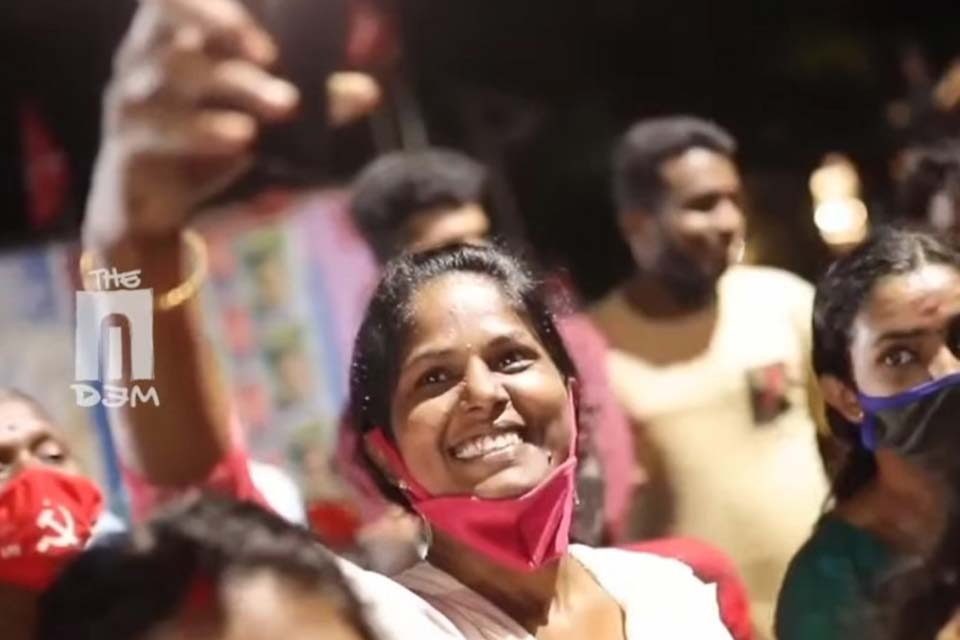

Nice one